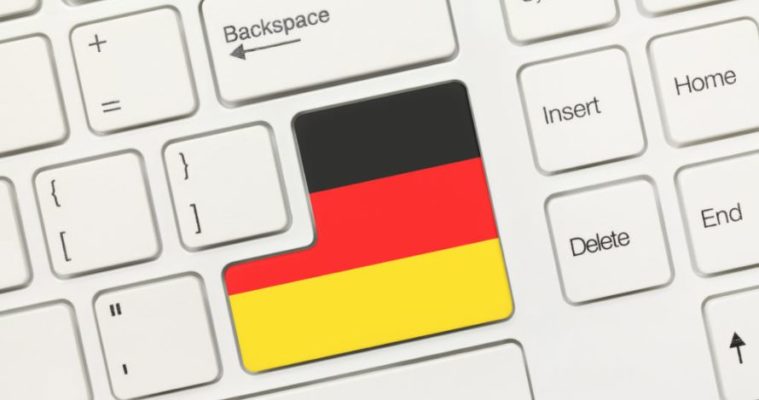German is often said to be the most difficult language to learn for people. Accentuated by a harsh dialect and long words, people normally conform to this opinion. However, ask a native German about their language, and they would swear that it is full of beautiful and vocally artistic diction and consonants. If you are planning to go to Germany, be it for study or vacation, it is always a safer alternative to acquaint yourself to the native tongue there. Furthermore, most native Germans are familiar with English, but that should not stop you from learning basic German, be it self-study or a professional translator. Here are a few phrases and keywords to keep in mind if you’re considering giving German a go!
Manners should always come first. No one likes to talk to people who are impolite and have do not show courtesy. Let us go through some introductory phrases first which pertain to greetings!
1) Guten Morgen! – ‘Good morning!’
2) Guten Abend! – ‘Good day!’
3) Wie geht es Ihnen? – ‘How are you?’ (This is a formal way of saying this)
4) Mir geht es gut, danke – “I am good, thank you.”
5) Einen schönen Tag noch! – ‘Have a nice day!’
Now that basic pleasantries are done let us look into ways of introducing yourself to native people.
1) Ich komme aus… – “I am from…..” (in place of the ellipses, you can add the country or place that you are from)
2) Wie heißen Sie? – “What is your name?”
3) Ich heiße…/Mein Name ist… – “My name is….” (add your name where the ellipses are)
4) Woher kommen Sie? – “Where are you from?”
5) Sprechen Sie…..? – Do you speak…..? (insert a language you might be familiar with)
Translator agencies print out pamphlets which direct us towards certain scenarios we might find ourselves in foreign countries. One of them is inside a shop. Let us look into several phrases you can use!
1) Haben Sie Andenken? – “Do you have souvenirs?”
2) Haben Sie das in einer [kleineren/größeren] Größe? – “Do you have that in a smaller/bigger size?”
3) Um, wieviel Uhr [öffnet/schließt] das Geschäft? – What time does the shop open/close?
4) Wie viel kostet das? – How much is that?
5) Darf ich mit Bargeld bezahlen? – Can I pay with cash?
6) Verkaufen Sie…? – Do you sell…..? (Insert item that you are interested in)
The second scenario that is mentioned by any reputable translation agency is that of a restaurant. You’ll probably be having about 3 meals a day so it’s best to acquaint yourself with a few phrases that you can use!
1) Kann ich bitte die Speisekarte sehen? – Can I see the menu, please?
2) Ich habe einen Tisch reserviert. – I reserved a table
3) Einen Tisch für zwei, bitte.- A meal for two, please
4) Haben Sie vegetarisches Essen? – Do you have vegetarian food?
5) Ein Glas Leitungswasser, bitte. – A glass of tap water, please.
6) Darf ich eine Quittung haben, bitte? – Can I have the receipt, please?

